Versión Español / English version
SUSTAINABILITY
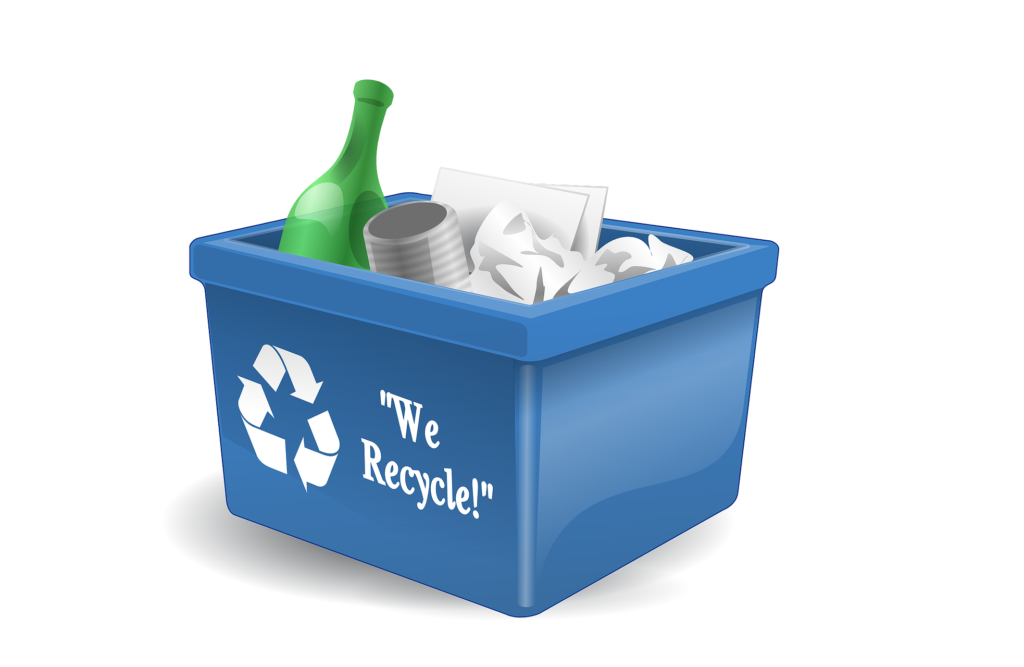
HOW TO MANAGE YOUR WASTE
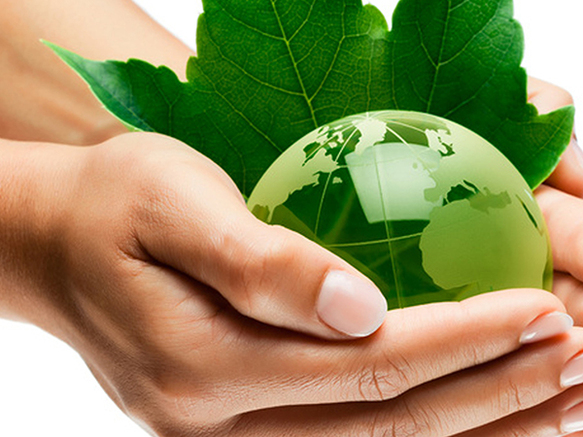
SUSTAINABILITY POLICY

ETHICS CODE
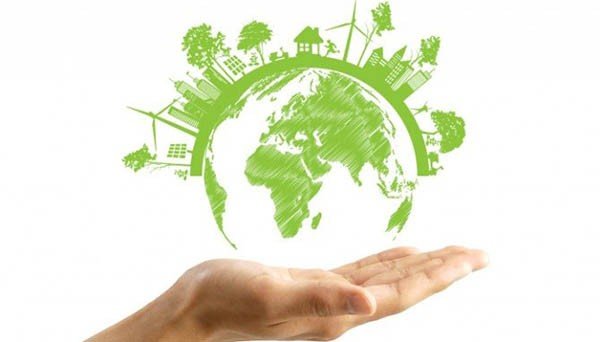
OUR PROGRAMS
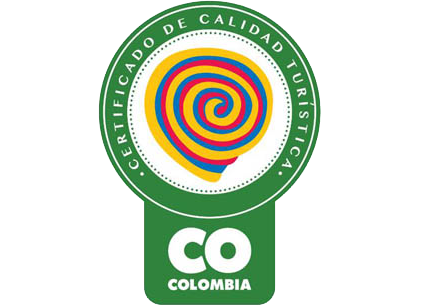
COMMITMENT
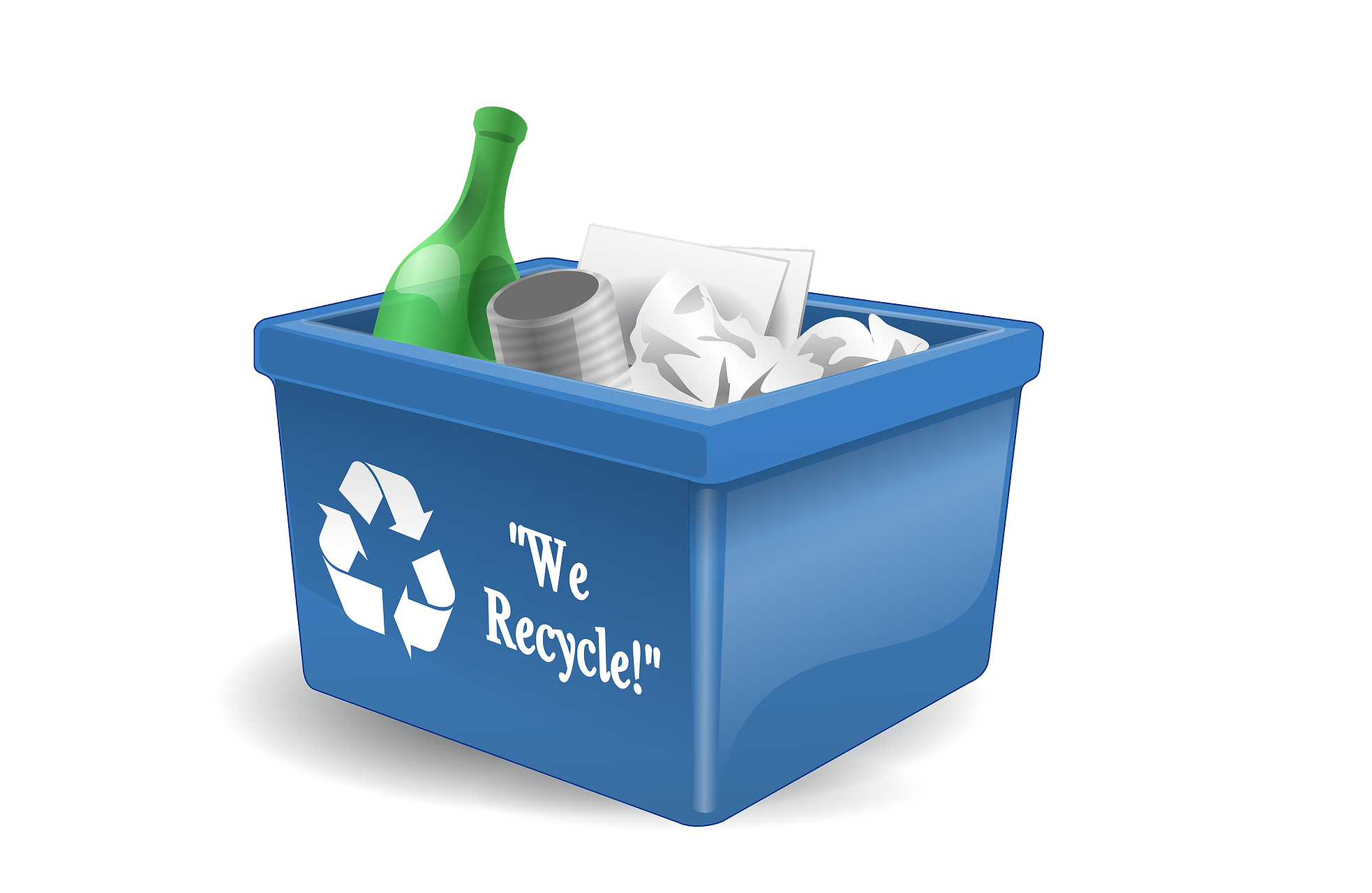
HOW TO MANAGE YOUR WASTE
1. Identify your waste: At the CEDHITOURS agency we identify the following waste:
• Organic:Food scraps, fruits, etc. Break hours and recreation, lunch, etc.• Paper File. Impressions, report delivery, etc.• Plastic, Packages. Break hours and recreation, lunch, purchase of supplies, etc.• Glass and plastic bottles.Break hours and recreation, lunch, etc.• Batteries and / or Batteries / Printer cartridges.Prints, use of office supplies such as calculators, etc.• LuminairesLighting establishments.• Others Cafeteria Waste, Icopor, etc.2. Separation of your Waste. CEDHITOUR SAS, Through acceptance of Decree 564 of 2012, Article 3, it adopts the following scheme for the separation and proper management of Waste.
• Recyclable waste (white bag):Paper and cardboard, packaging and parcels, tetra-pak containers, plastic bottles, metal, glass.• Ordinary waste (black bag):Organic waste, sanitary waste, sweep waste, cigarette butts, styrofoam, etc3. Minimize your waste, reduce the amount of waste you generate CEDHITOURS is implementing good practices that seek to reduce the amount of waste generated within the company, which are described below.
• Sending digital correspondence in order to avoid the unnecessary generation of impressions,• Use of glass or ceramic cups instead of disposable ones.• Using rechargeable batteries.4. Reuse waste It consists of giving things the maximum use without the need to destroy or get rid of them; many materials can be useful for other things, extending their useful life as described below:
• Unused paper with a free veneer is reused as an eraser or even to build internal notepads.5. Make a proper arrangement of them.The waste must be delivered, in a black bag in the corresponding chut.
6. Hazardous Waste needs special handlingHazardous waste can be Luminaires, Tonner and batteries. They are arranged in the post-consumer program of the Ministry of the Environment in some Shopping Centers.

SUSTAINABILITY POLICY
CEDHITOURS is committed to the environment and to be active in promoting practices that help to have a less negative impact on the environment and culture, ensuring the economic development of our partners, employees, suppliers and customers, which results in welfare of the economy, complying whith Colombian law. Our actions result in the prevention of commercial sexual exploitation of children and adolescents "ESCNNA" and we spread it among our clients, suppliers, collaborators and community. We promote good environmental practices focused on waste management, saving water, energy and use of biodegradable chemical products, protecting flora and fauna and cultural assets in the destinations visited by our customers.
ETHICS CODE
In compliance with Law 679 of 2001 and Resolution 3840 of 2009, the travel agency CEDHITOURS, adopts the code of conduct in order to protect minors from sexual exploitation. All our activities and operations reject any kind of sexual exploitation of children.In order to comply with the above we have defined the following guidelines:- We reject child labor exploitation. We reject discrimination of race or gender.
- The officials of the travel agency CEDHITOURS, will not promote establishments where minors are directly or indirectly exposed to the sex trade.
- We will promptly inform the local police and / or competent authorities, the cases of sexual commerce with minors that are perceived or detected and the suppliers that develop practices related to this aspect.
- We will market our products without misleading advertising and without involving undue practices with children or adolescents.
- We will raise awareness and publicize that the sexual exploitation of minors is a crime.
- We condemn all forms of sexual exploitation with children and support all legal actions to prevent and punish these crimes.
- We ask clients, suppliers, partners and other agencies to reject participation in the sexual exploitation of children and to report all cases of sexual exploitation of children of whom they are aware.

OUR PROGRAMS
CEDHITOURS has the following programs:
- Integrated waste management.
- I use biodegradable products.
- Support campaigns prevention illicit trafficking in flora and fauna, cultural goods and ESCNNA, active participation in activities called by people or local companies.
- Savings and efficient use of water.
- Savings and efficient use of energy.
- Promotion of natural P., cultural P. and crafts.
Additionally, we contribute to the care of the planet by:
- Energy saving
- Water care
- Reuse of paper
- Recycling
- Use of alternative means of transport
- Waste reduction

COMMITMENT
Below we share our commitment to the following regulations:
Law 679 of 2001, law 1336 of 2009 (Prevention of trade and sexual exploitation with minors through tourism). Law 17 and 1333 (In order to prevent illegal trafficking of species of flora and fauna). Law 63 1986 , law 1185 of 2008. (With the purpose of avoiding the traffic of cultural goods). Resolution 0584 of 2002. (By which declared wild species that are threatened in the national territory). These practices in the country are sanctioned according to law 1333 of 2009 and other laws in force.
We also express our commitment to non-discrimination or exclusion of vulnerable populations; complying with Law 1482 of November 30, 2011, which aims to guarantee the protection of the rights of a person, group of people, community or town, which are violated through acts of racism or discrimination; Likewise, it complies with the sustainable tourism standard NTS TS 003 - 2018, in paragraph 5.3 Support to communities, literal b, on training employees in the prevention of discriminatory practices.
ENVIRONMENTAL, SOCIOCULTURAL AND ECONOMIC BEHAVIOR
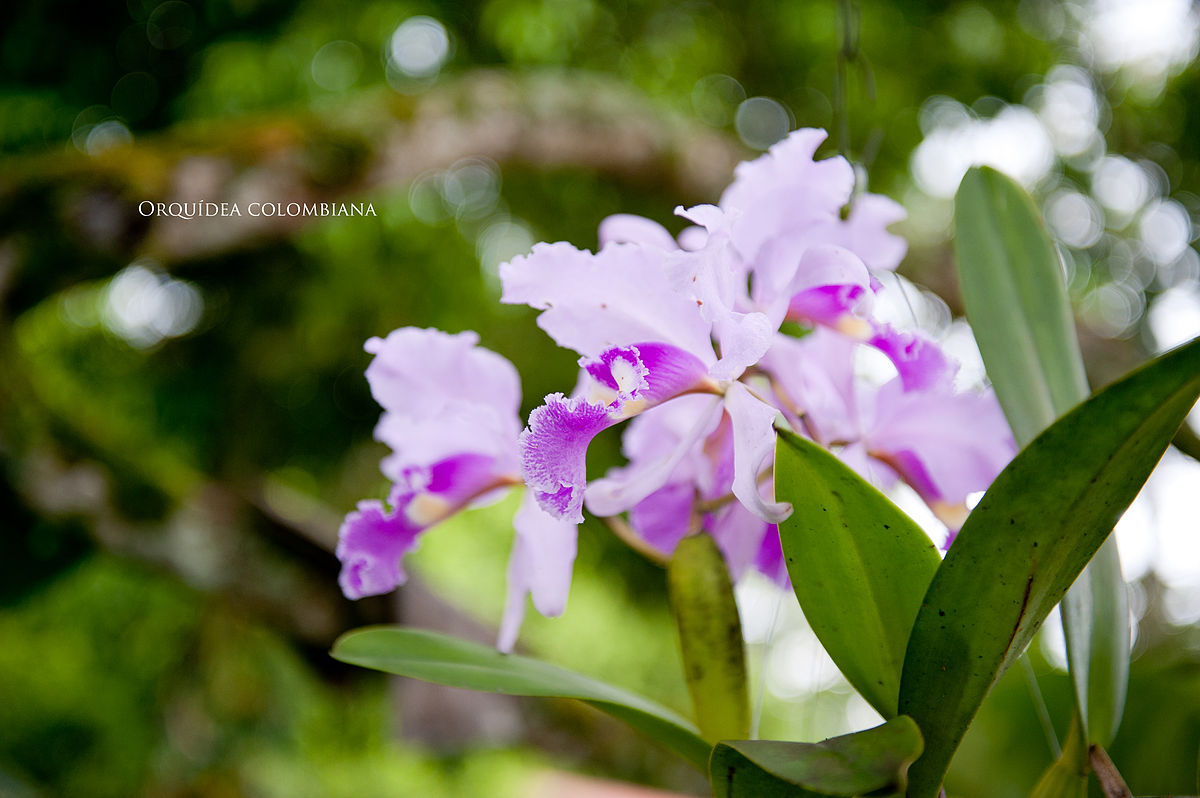
WILDLIFE AND FAUNA

ESCNNA
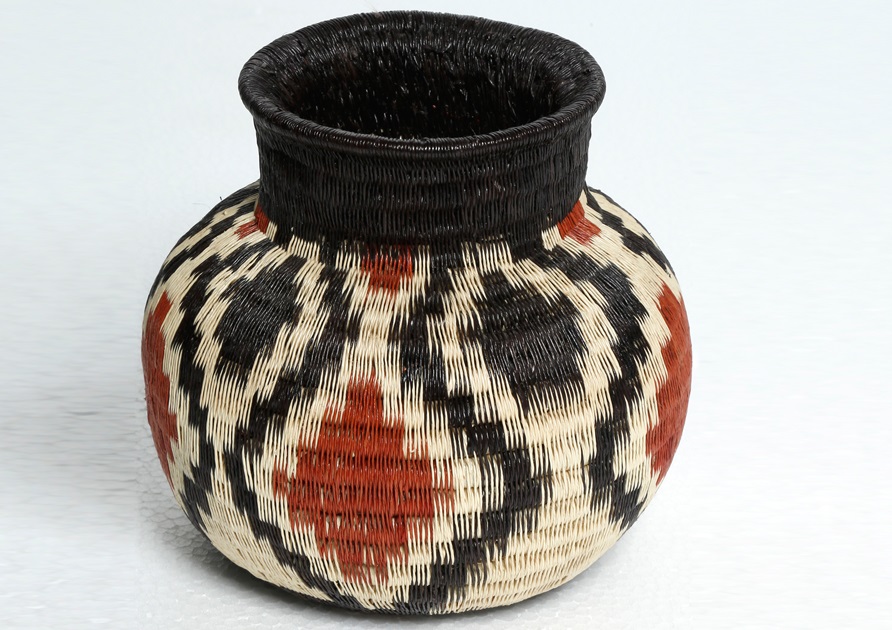
CULTURAL ARTEFACTS
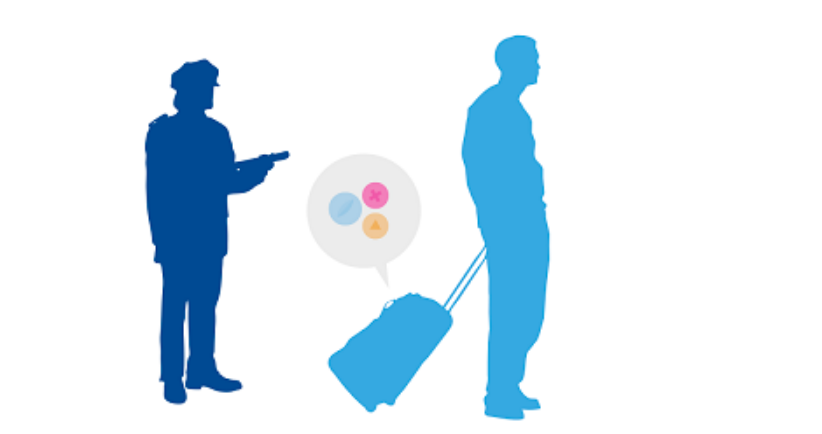
ILLICIT DRUGS
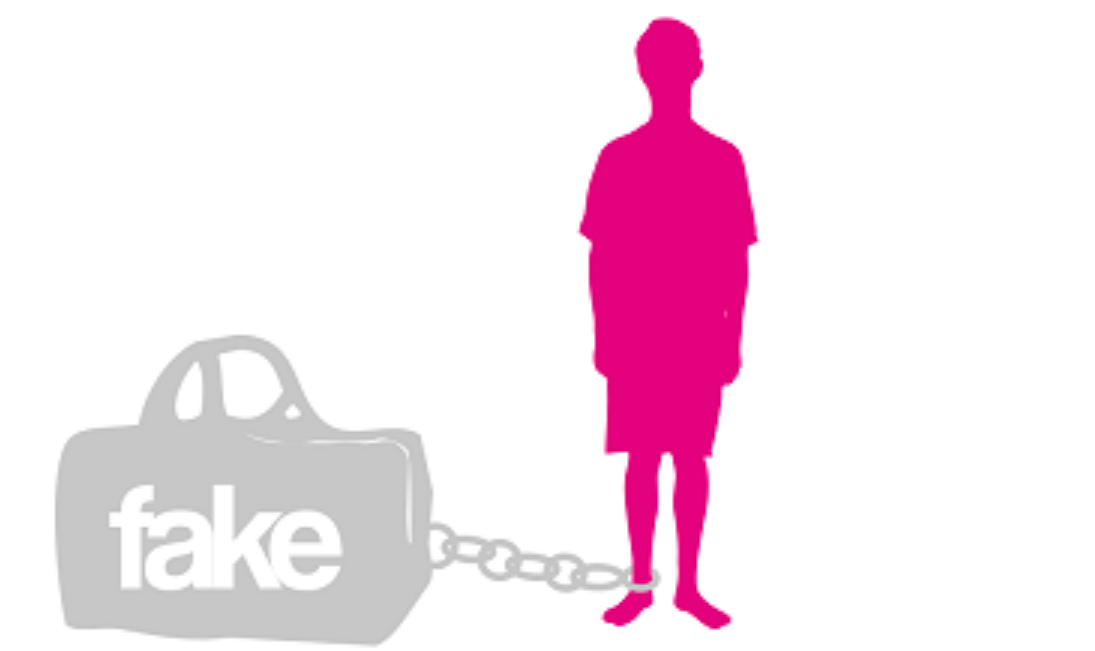
COUNTERFEIT GOODS

WILDLIFE AND FAUNA
The killing of wild animals is having a devastating impact, with some species now facing the real possibility of extinction. Elephants, rhinos and tigers are three of the biggest endangered species senselessly killed for their tusks, horns and skin – deaths which often fuel organized crime.Think twice before buying or consuming something made out of an exotic tree, plant or wild animal as you may be contributing to their extinction or exploitation. Before travelling, familiarize yourself with local exotic dishes which may contain illegal products. Don’t forget that many countries, perhaps including your own, have penalties for those caught trafficking protected wild animals, exotic plants and endangered wood products.
ESCNNA
CEDHITOURS in compliance with the code of conduct established in Law 679 of 2001, rejects all types of exploitation, pornography, sex tourism and other forms of abuse of minors. Do you know of any case of commercial sexual exploitation with minors? Denounce it here: www.teprotejo.org HUMAN TRAFFICKING Human trafficking is a heinous crime driven by demand. When visiting a foreign country don't fall into the trap of promoting human trafficking. If you believe that someone is being forced to work against their own free will, are being abused or if you see something that doesn't look right in a bar, a hotel or a restaurant, report it. Your actions can make a difference in preventing sexual exploitation and forced labour. Children are particularly vulnerable; make sure you "Don't let child abuse travel". Font: http://www.bearesponsibletraveller.org/index.html Learn more with #escnna and #ojosentodaspartes on Facebook
CULTURAL ARTEFACTS
Cultural objects such as traditional carvings, pottery and antiques make attractive gifts, but be sure you are not unwittingly buying stolen or illegally excavated or looted artefacts. Everyday, countless sites and monuments across the globe are pillaged, robbing people of their past. Specialized organized crime networks move and sell these goods. The impact that this can have is irreversible with countries and citizens being denied their heritage and cultural identities. Make sure that the souvenirs you take home have a documented and legal history, aren’t stolen and can be exported. Ask about the origin of what you are buying and always keep in mind your own country’s rich history and heritage and how you would feel if this was taken away from you.
ILLICIT DRUGS
Drug trafficking is simply not worth the risk: it is illegal and if you’re caught, you will end up in jail with severe consequences. Sometimes gangs use travellers as ‘plants’ in order to tip off the authorities and provide a diversion to get through far larger shipments. Also don’t carry packages or items for anyone else as ignorance is no defence against the law.
COUNTERFEIT GOODS
They might seem like a bargain but most counterfeit goods are neither ethically produced and may contribute to forced or poor labour conditions and high environmental impact. You might think that you are helping a small market or a street seller but behind these there are often criminal interests even coercing or exploiting sellers. More importantly, your money may end up funding organized crime groups that have diversified their money laundering and drugs businesses with counterfeit goods. Avoid putting your money in the hands of organized crime and purchase ethically while abroad.
Font:http://www.bearesponsibletraveller.org/index.html
TIPS FOR THE RESPONSIBLE TOURIST AND TRAVELER
The following advice is based on the World Tourism Code of Ethics of the World Tourism Organization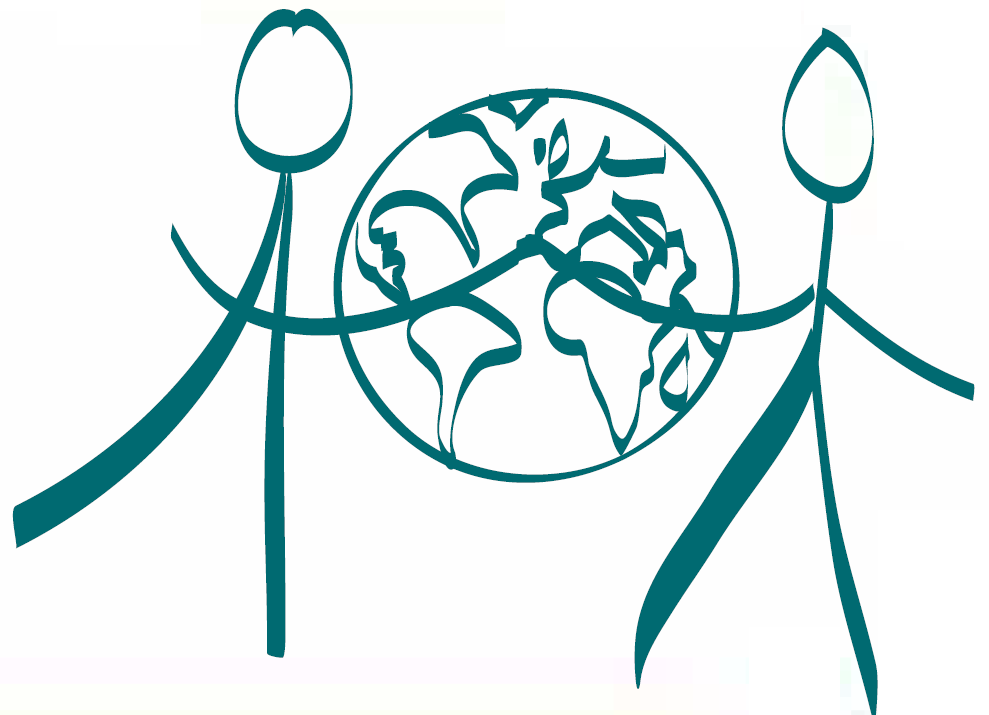
CULTURES AND TRADITIONS
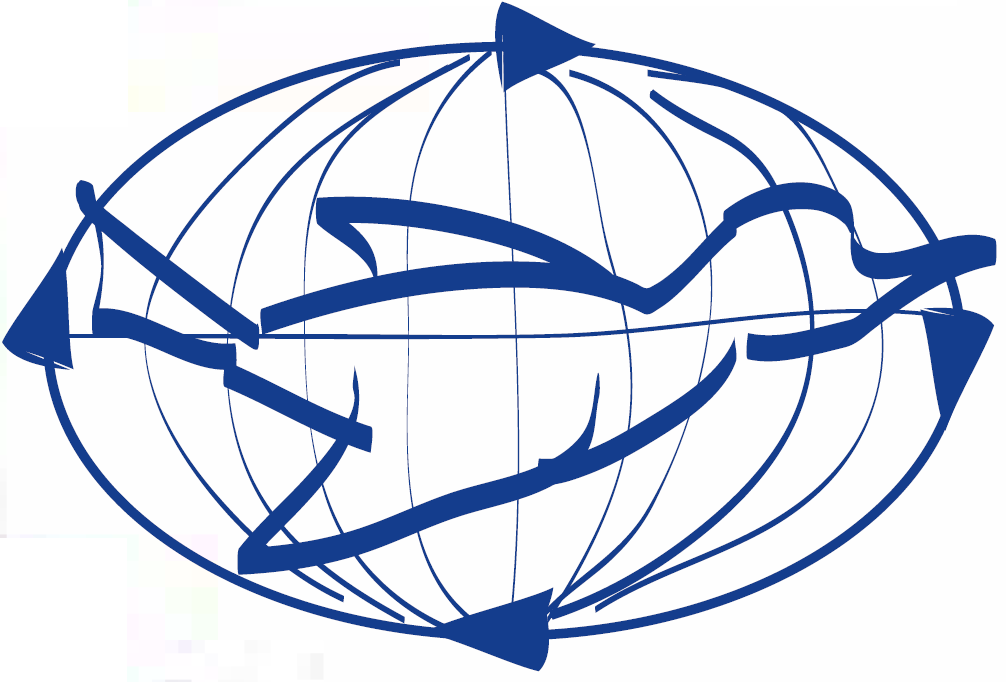
HUMAN RIGHTS

ENVIRONMENT
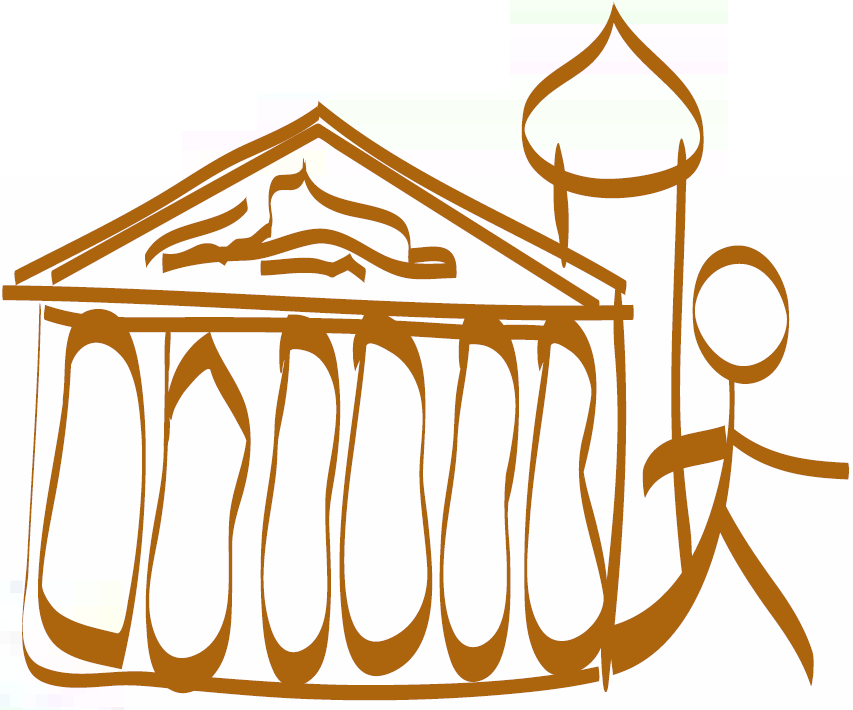
CULTURAL RESOURCES
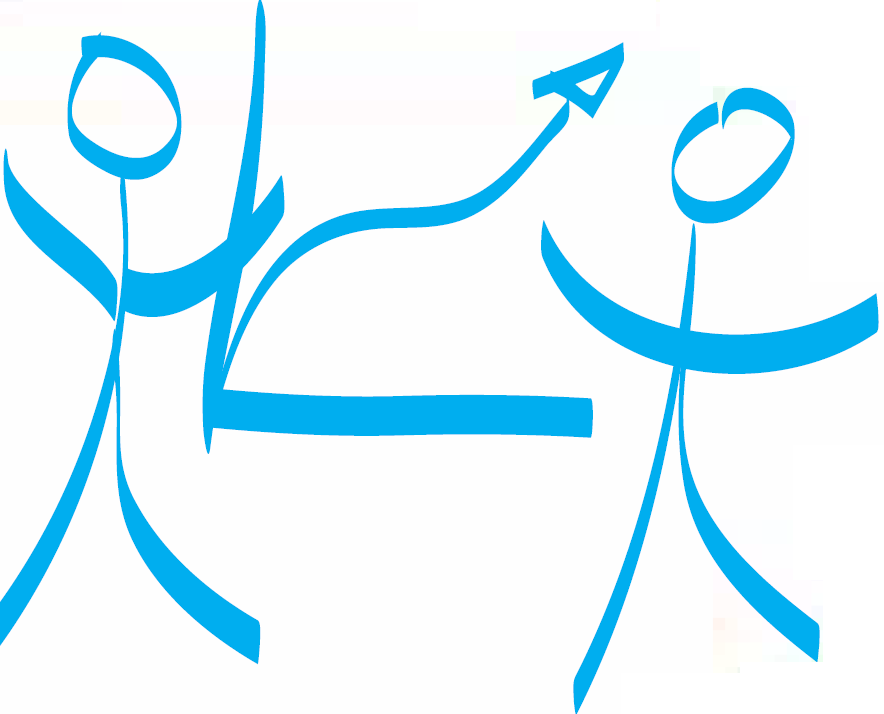
ECONOMIC DEVELOPMENT

HEALTH

CUSTOM

LEGISLATION

CULTURES AND TRADITIONS
Open yourself to cultures and traditions different from yours: your experience will be transformed, you will earn the respect of the local population, and it will welcome you more easily. Be tolerant and respect diversity; Observe the traditions and social and cultural practices of the place.
HUMAN RIGHTS
Respect human rights. Any form of exploitation violates the fundamental objectives of tourism. Child sexual exploitation is a punishable offense, both in the place where it is carried out and in the country of residence of the person who commits it
ENVIRONMENT
Help preserve the natural environment. Protect the flora and fauna and their habitat, and do not buy products made from endangered plants or animals.
CULTURAL RESOURCES
Respect cultural resources. Tourism activities should be practiced with respect for the artistic, archaeological and cultural heritage.
ECONOMIC DEVELOPMENT
Your trip can contribute to economic and social development. Buy crafts and local products to support the economy of the place, and adhere to the principles of fair trade. When haggling, keep in mind the concept of fair wages.
HEALTH
Before going on a trip, learn about the health status of your destination and about access there to consular and emergency services, and make sure that your health and personal safety are not in danger. Make sure you have your specific needs covered there (food, accessibility or medical care) before deciding to travel to a certain destination.
CUSTOM
Gather as much information as possible about your destination, and take time to understand their customs, norms and traditions. Avoid behaviors that may offend the local population
LEGISLATION
Inform yourself of the current legislation so as not to commit any act that is considered criminal in the visited country. Do not deal with drugs, weapons, antiquities, protected species, or products or substances that are dangerous or prohibited by national regulations.
Font: World Tourism
Comentarios recientes